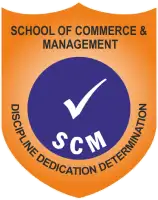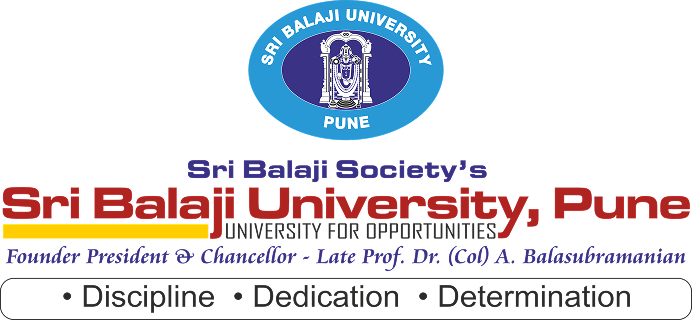In today’s rapidly evolving business landscape, data analytics has become a critical competency across all management domains. Whether it is marketing, finance, human resources, operations, or strategy, the ability to interpret and apply data-driven insights is now a prerequisite for success. At the School of Commerce & Management, we are committed to equipping students with the analytical skills, tools, and industry exposure necessary to excel in diverse sectors.
1. Marketing Analytics
Students specialising in marketing are trained to use analytics for understanding consumer behaviour, segmenting target audiences, and designing impactful campaigns. Through classroom instruction and live digital marketing projects, students gain hands-on experience with tools like Google Analytics, CRM dashboards, and social media insights. They learn to perform sentiment analysis and predict market trends, empowering them to make data-backed marketing decisions that drive customer engagement and business growth.
2. Financial Analytics
In the finance specialization, students develop proficiency in tools like Excel, Power BI, and financial modelling software to analyze large datasets, detect anomalies, and support investment decisions. The curriculum includes case studies on portfolio analysis, fraud detection, and forecasting techniques. By working on real-time market simulations and capstone projects, students at the School of Commerce & Management are prepared to take up roles in banking, fintech, and corporate finance with confidence and analytical acumen.
3. Human Resource (HR) Analytics
HR students are introduced to workforce analytics through platforms like Tableau , Power BI , Excel and SPSS, allowing them to interpret HR metrics such as employee turnover, performance trends, and engagement scores. Through practical assignments, students learn to use predictive analytics to identify retention risks and recruitment success rates. By aligning HR data with strategic objectives, our students are trained to become future-ready HR professionals who contribute to both people management and organisational effectiveness.
4. Operations and Supply Chain Analytics
In operations management, students are exposed to analytics used in demand forecasting, logistics, and quality control. Through projects involving supply chain simulations, students understand how data helps streamline production and reduce operational costs. With the integration of machine learning concepts and case-based learning, they are equipped to tackle real-world supply chain challenges faced by industries such as manufacturing, e-commerce, and retail.
5. Business Analytics in Strategy and Decision-Making
All students, regardless of specialisation, are taught the fundamentals of strategic analytics and decision science. By engaging in business case analysis, using data dashboards, and participating in business simulation games, they learn how to derive strategic insights from both internal and external datasets. These experiences prepare students to contribute meaningfully to strategic roles in consulting, business development, and general management.
At the School of Commerce & Management, our commitment to experiential learning, industry partnerships, and a future-oriented curriculum ensures that students don’t just learn analytics—they learn how to apply analytics in real-world contexts. Through internships, industry mentorship, and interdisciplinary projects, our students are shaping up to be agile, analytical, and industry-ready professionals who can lead the next wave of data-driven transformation in the corporate world.
- Dr. Pallavi Pandey, School of Commerce & Management



